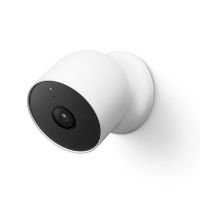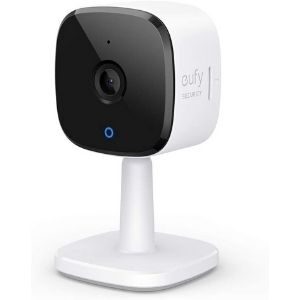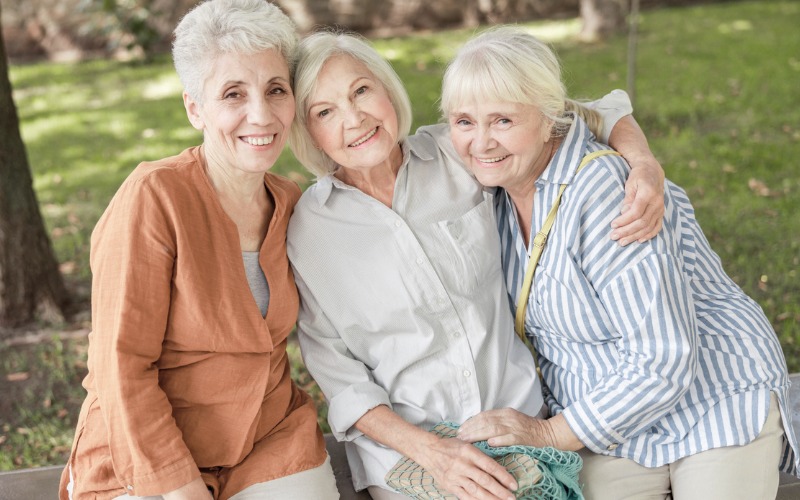There’s no specific federal law governing when, where, and how to use security cameras. But that doesn’t mean it’s a free-for-all. There are some national laws around privacy and consent that you need to consider. Plus, many cities, counties, and states have their own regulations.
In this guide, we’ll break down your rights and the laws to know to stay out of trouble when it comes to installing and using a security camera.









